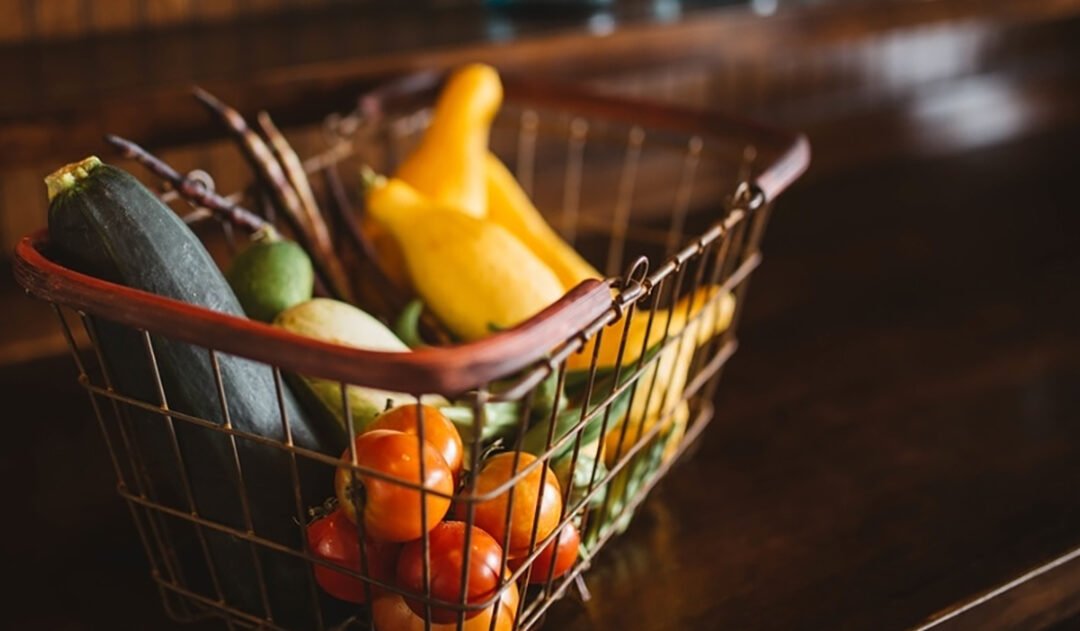With over 40,000 products in a typical supermarket choosing what to put in your trolley can feel overwhelming. So, to help ease the confusion our Sports Dietician, Ali Patterson, has put together some great staples to consider stocking up with.
Oats
Oats are such a humble food, a quality carbohydrate rich in vitamins and minerals, chock full of fibre and with a good hit of protein, oats really do make the perfect breakfast food. They’re ideal for making homemade muesli, delicious soaked into a bircher, or perfect for a warming bowl of hot porridge.
Canned legumes
Canned chickpeas, beans and lentils are great staples to keep in the cupboard. While, you can buy them dry and soak them yourself, the canned versions are just as nutritious, easy to use and so versatile. Add chickpeas to salads; make lentils into lentil patties or blitz cannellini beans with some garlic, olive oil and lemon juice for a fast and tasty dip.
Nuts & seeds
Walnuts, almonds, pinenuts, hazelnuts, pepitas (pumpkin seeds), chia seeds – the list of options is long. Nuts got a bad name there for a while, but they are really nutritious and full of protein and good fats. Perfect for adding crunch to porridge or muesli, delicious added to salads and ideal for bumping up the protein content of biscuits and cakes.
Greek yoghurt
These days the ingredients list of some yoghurts can be scarily long. That’s why Greek yoghurt is a great option – simple, natural and packed full of protein. Greek yoghurt can be enjoyed as is, sweetened with a little honey, or used instead of sour cream in savoury dishes.
Eggs
Eggs are an amazing package of nutrients, good fats and protein. For too many years, eggs got a bad rap, but thankfully they’re back in favour – and rightly so! Eggs are incredibly versatile, fast to cook and so nutritious – it would be shorter to write a list of things that you can’t do with eggs!
Milk
Good news is that there’s no need to be afraid of full-fat milk. Standard whole milk is only 3-4% fat (or 96-97% fat free if you prefer to think of it that way). It’s your call – choose the milk you most like to drink – if you prefer skim milk (0-2% fat) that’s fine too, but there’s no need to avoid full fat milk if you prefer the taste. If you struggle to eat before exercise, but a small tetra pack of flavoured milk can be easier to digest than solid food while still giving a good hit of fuelling carbs
Seasonal veggies
Shopping seasonally is not only cheaper and more nutritious; it can also be a lot of fun! Next time you’re at the supermarket, fruit shop or local farmers market go without a list. Break away from your usual shopping auto-pilot and have some fun exploring what’s in season – you’ll be surprised how easily you can be inspired to cook something new if you just take the time to be guided by the season.
Fresh herbs
Fresh herbs add an incredible amount of flavour to meals. Coriander, basil, parsley, mint, thyme and rosemary are super easy to grow in a small garden patch, in a planter box on your balcony or even in small pots on your windowsill, but if you’re no green thumb a bunch or two from the supermarket is just fine as well.
Frozen berries
Frozen berries are incredibly nutritious. Being snap frozen at the time of picking means that they retain their nutritional goodness for much longer with the added bonus that they can be eaten even when they’re not in season. Because of their high water content, they’re low in energy so they can bulk out your meals to fill you up without blowing your energy needs. Add to smoothies, yoghurt or on top of your breaky cereal.
Of course, if you have food allergies or intolerances then some of these products may not be suitable. Check in with our TSMC Sports Dietitian if you’d like to discuss your individual situation in more detail.
